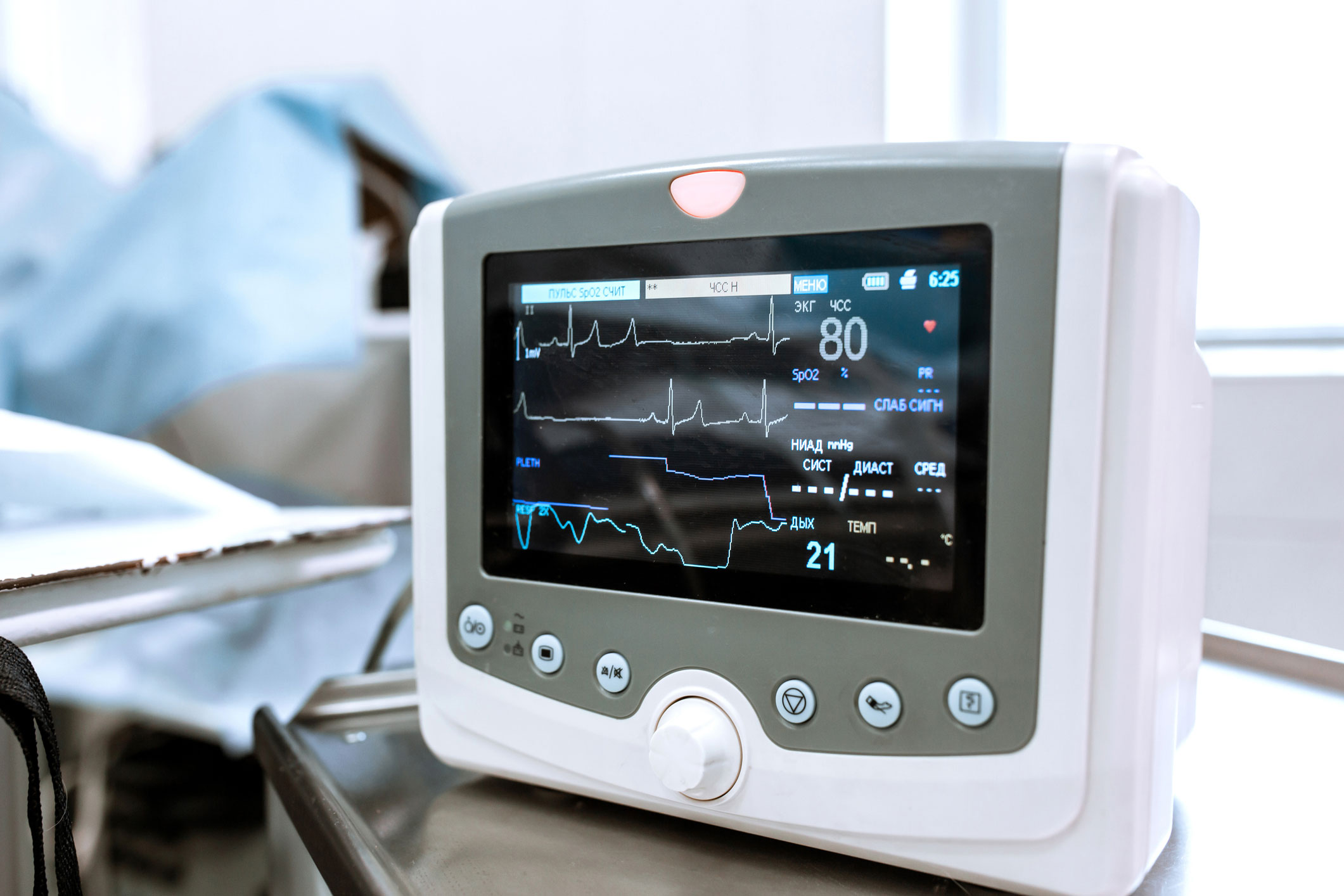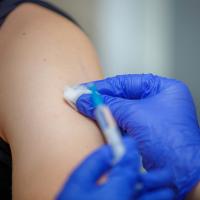ECG
12 Lead electrocardiogram is available at Glebe Hill Family Practice.
What is an Electrocardiogram (ECG)?
An electrocardiogram (ECG) records the electrical activity of the heart. The heart produces tiny electrical impulses which spread through the heart muscle to make the heart contract. These impulses can be detected by the ECG machine. The ECG test is painless and harmless. (The ECG machine records electrical impulses coming from your body - it does not put any electricity into your body).
How is an ECG performed?
Small metal electrodes are stuck on to your arms, legs and chest. Wires from the electrodes are connected to the ECG machine. The machine detects and amplifies the electrical impulses that occur at each heartbeat and records them on to a paper or computer. A few heartbeats are recorded from different sets of electrodes. The test takes about five minutes to do.
What does an ECG show?
The electrodes on the different parts of the body detect electrical impulses coming from different directions within the heart. There are normal patterns for each electrode. Various heart disorders produce abnormal patterns. The heart disorders that can be detected include:
Abnormal heart rhythms
- If the heart rate is very fast, very slow, or irregular. There are various types of irregular heart rhythm with characteristic ECG patterns.
A heart attack (myocardial infarction)
- The ECG can tell us whether the heart attack was recent or some time ago. A heart attack causes damage to heart muscle, and heals with scar tissue.
An enlarged heart
This causes bigger impulses than normal.
An ECG is part of a standard Cardiovascular Risk Assessment.
Your GP may recommend an ECG if:
- you have one or more risk factors, such as diabetes, high blood pressure, high cholesterol, a strong family history of heart disease, or smoking
- you are considering treatment which can increase your cardiovascular risk, such as hormonal treatments for menopause
- you are aged over 50 and have not previously had an ECG
If you'd like to have an ECG please book an appointment to discuss it with your GP.




